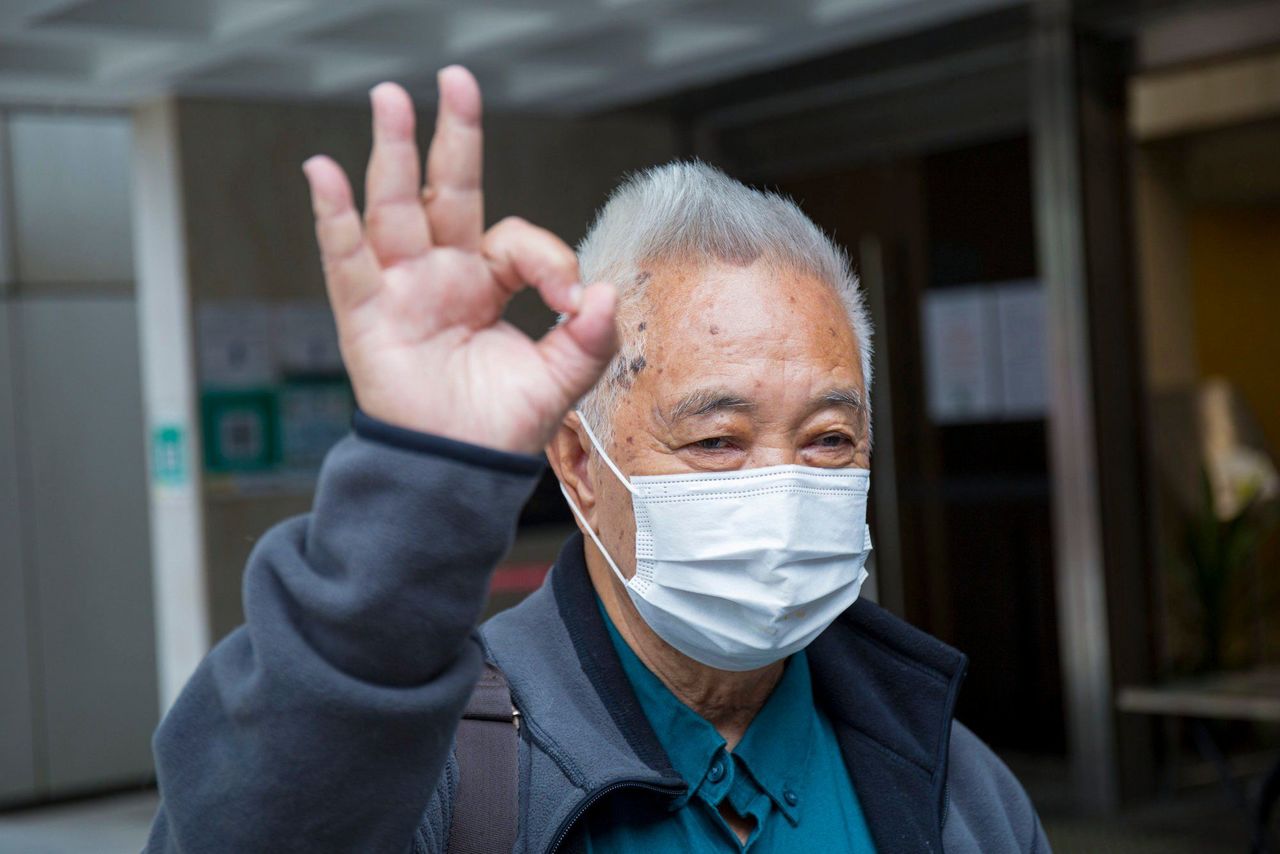Hong Kong News

No law for voiding Covid jab exemptions but other routes open, Hong Kong court told
Hong Kong authorities have no power to invalidate 20,000 Covid-19 vaccination exemption certificates allegedly issued without proper medical diagnosis but still retain “extremely broad” discretion in deciding who can enter certain premises, the High Court has heard.
Senior Counsel Abraham Chan Lok-shung, representing the health secretary, on Thursday acknowledged the absence of laws allowing authorities to overrule jab exemptions granted by doctors, adding the language adopted in the initial government announcement on the issue was inaccurate.
But he stressed the government was entitled to direct premises to refuse recognition of the “obviously suspect and potentially compromised” documents in a manner conducive to effective pandemic control, which, if not, would undermine the foremost objective of legislation.
The expedited hearing arose from a high-profile judicial challenge mounted earlier this month by a retired civil servant, who questioned the legal basis for authorities to declare more than 20,000 exemption certificates null on the grounds they might have been forged by seven doctors arrested or wanted by police.
Kwok Cheuk-kin, a well-known serial litigant, successfully applied for a temporary court order stopping authorities from putting their decision into effect, before securing legal aid to continue his cause.
 Retired civil servant Kwok Cheuk-kin outside the High Court.
Retired civil servant Kwok Cheuk-kin outside the High Court.
Hectar Pun Hei, a senior counsel representing Kwok, submitted on Thursday that the health secretary had no power to overturn the opinion of a registered medical practitioner in relation to a person’s suitability for receiving Covid-19 shots, even if it turned out to be unreliable.
He argued such uncertainty was “inherent” in the design of the vaccine pass scheme, which regulates entry of premises based on the visitor’s inoculation status.
The barrister also said a “blanket” decision to annul all 20,000 certificates, despite the possibility some were genuine, contravened proper procedure.
“The secretary has made no attempt to verify whether any of the medical exemption certificates in question genuinely complied with the conditions of the relevant exemption, but blanketly invalidated all those certificates even though some of them may be genuine,” Pun added.
Chan, for the health minister, countered by saying it would be “absurd” to treat the government as hamstrung from taking action against further usage of the certificates in question, adding the clock was ticking on the public healthcare system.
“You don’t wait until the criminal proceedings [against the arrested doctors] run their course,” Chan said.
He also emphasised the government’s initial decision to “invalidate” the questionable certificates had since been superseded by an administrative direction to operators of private premises “not to recognise” the documents, which was well within the secretary’s powers.
Chan further questioned the applicant’s standing in the matter, accusing him of failing to make full and frank disclosure of the fact he was not among the 20,000 certificate holders affected by the government directives.
Mr Justice Russell Coleman will deliver his judgment on Friday. The certificates, which were to be annulled on October 12, will remain effective until the court’s determination.
A Health Bureau spokesman had previously said the government would comply with the court’s order, but warned that the use of the documents would be recorded and law enforcement action taken against any violations.
Police arrested six doctors last month for allegedly issuing vaccination exemption letters without conducting proper consultations. Two of the six doctors have been charged, with a seventh practitioner still wanted by the force.
At least 26 patients, including five government employees, who were alleged to have bought the documents, have also been arrested on suspicion of conspiracy to defraud.











